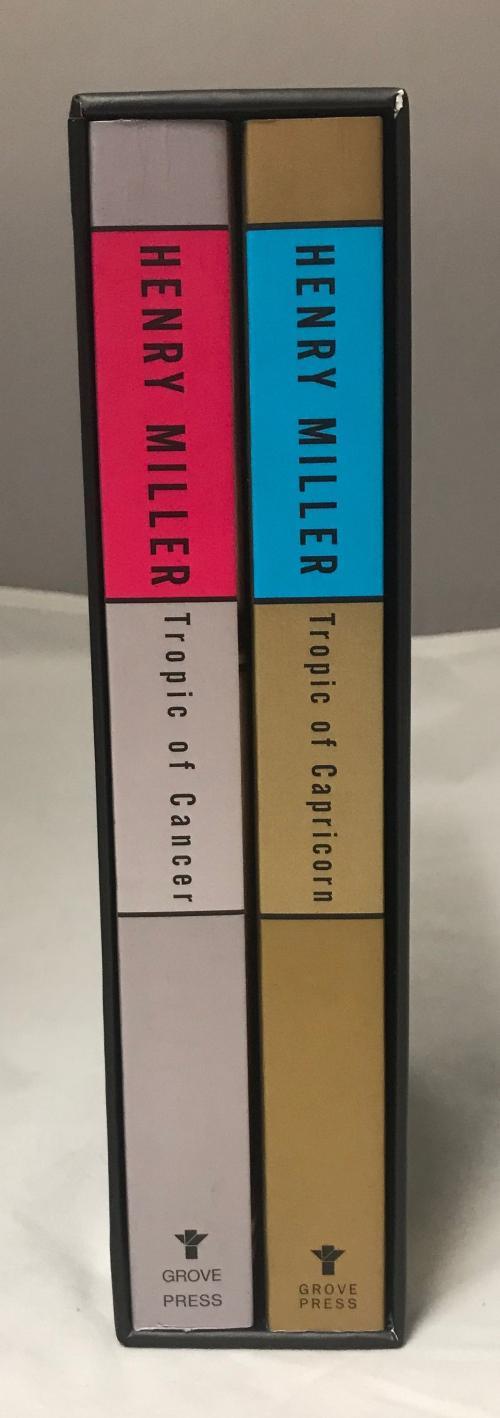
Obscurity and philosophy, squalor and rhapsody are juxtaposed, crammed together, torn apart and tossed wildly, as if the book were the mixing bowl in which Miller, the mad chef, were preparing a salad - to fling in the face of the diners. Characters and scenes float in and out of the with a wonderfully picaresque irregularity of Rabelaisian humor are broken off unexpectedly by passages approaching the drunken, frenzied poetry of a Rimbaud. To make different order out of it is intensely difficult for the week-stomached, it is impossible. He broke with existing literary forms and developed a new type of semi-autobiographical novel that blended character study, social criticism, philosophical reflection, stream of consciousness, explicit language, sex, surrealist free association, and mysticism.His most characteristic works of this kind are Tropic of Cancer, Black Spring, Tropic of Capricorn, and the trilogy The Rosy Crucifixion, which are based on his experiences in New York and Paris (all of which were banned in the United States until 1961).He also wrote travel memoirs and literary criticism, and painted watercolors.As a book, Tropic of Cancer is a soup, a whirlpool perhaps even a sewer.

Henry Valentine Miller (Decem– June 7, 1980) was an American novelist.

Tropic of Cancer is now considered, as Norman Mailer said, “one of the ten or twenty great novels of our century.” Only a historic court ruling that changed American censorship standards, ushering in a new era of freedom and frankness in modern literature, permitted the publication of this first volume of Miller’s famed mixture of memoir and fiction, which chronicles with unapologetic gusto the bawdy adventures of a young expatriate writer, his friends, and the characters they meet in Paris in the 1930s.

Now hailed as an American classic, Tropic of Cancer, Henry Miller’s masterpiece, was banned as obscene in this country for twenty-seven years after its first publication in Paris in 1934.

Henry Miller’s famously banned book is “a matter-of-fact celebration of chucking one’s dreary life and following your heart to Paris” (Richard Price).


 0 kommentar(er)
0 kommentar(er)
